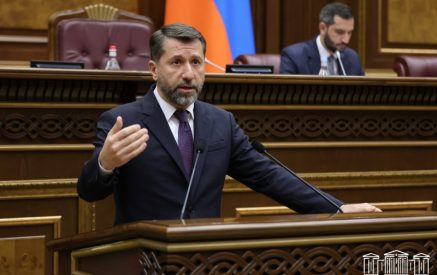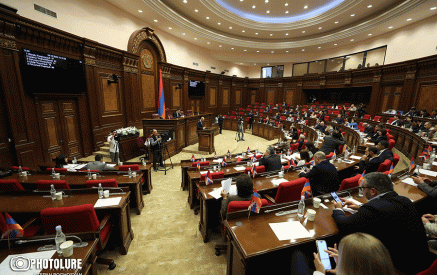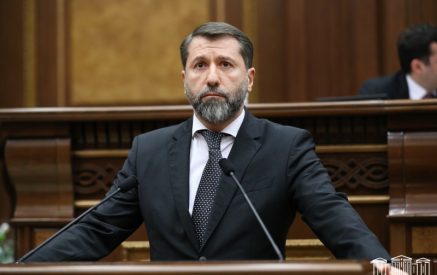Shortcomings and problems identified
- Though in 2011 new rates were prescribed by the Commission for the services, however, the list of rates- approved by N340 N decision made by the Commission on 24 August, 2007 and also by decision N530 N on 16 November, 2007 – has not been complied with the list of services subject to rate regulation – approved by decision N273 made on 20th May, 2008.
- In the sphere of wireless telephony, in certain cases, the service company did not provide equal facilities for the population.
- The society has not been properly aware of handling of disputes on electric power fluctuations or outages and the Commission’s powers on resolution of such problems.
- Lack of alternative laboratories (basically inspection of gas and electricity meters) caused distrust of the population towards reliability of metering devices test results. The Commission has not raised the problems.
- The problem of twenty-four-hour water supply is still topical.
Positive Developments
Read also
- The Commission has provided free “short” telephone numbers to 19 public bodies and organizations (ESM, HRDO and etc.).
- In 2011 the Commission reconsidered tarrifs for drinking water and made a decision to reduce the tarrif in 8 AMD.
- Certain changes have been made -in electric energy supply and utilization rules, as well as in fees of new consumer or the consumer’s reconstructed consumption system accession to electrical network- according to decisions made during the session of the RA Public Services Regulatory Commission, held on 7 December, 2011. Prepayment dimensions of installation of single-phase and three-phase electronic multi-tariff meters have been reduced according to decisions made by the Commission.
- TheRepublicofArmeniais the fifth in the world, which has invested 4G wireless Internet network (LTE).
Karen Andreasyan,
Human Rights Defender of the Republic of Armenia

























































